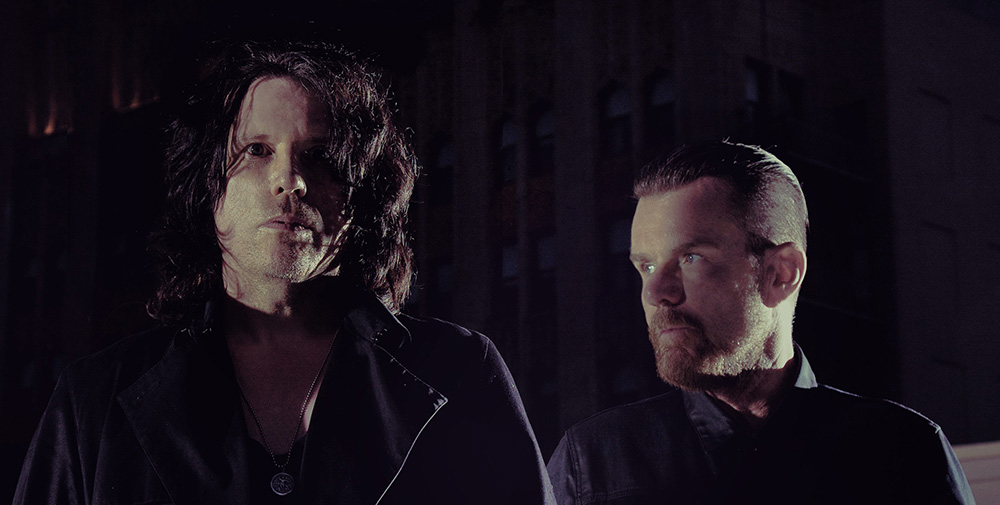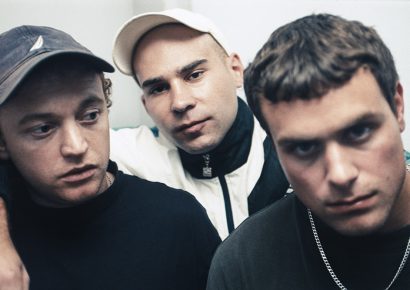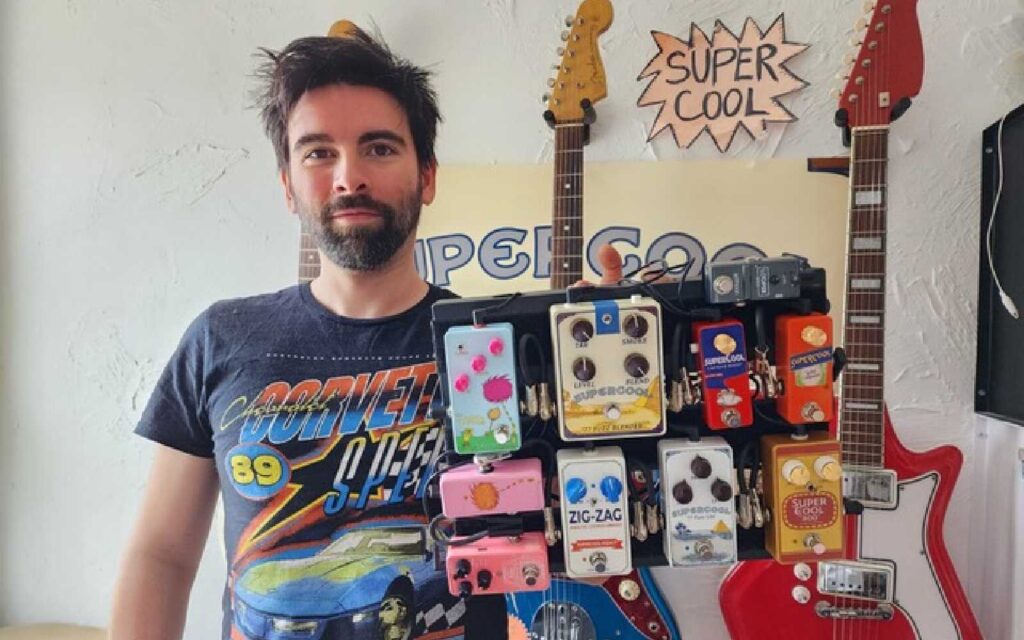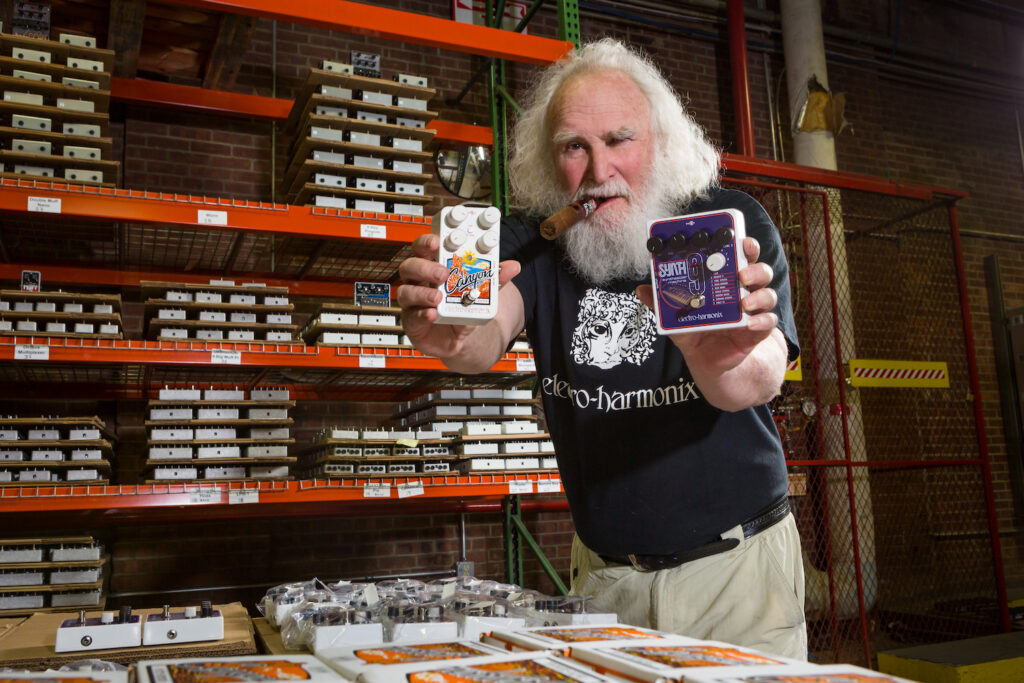Was the aim to capture a live sound on Hidden City?
You don’t really just capture a live band. Even with the best intentions in the world, making a record the way it is, you literally do make a record. It’s a process. And so it’s always a challenge to try and figure out the essence of it live.
Several songs on Hidden City are busting to be played live. It’s not entirely composed belters, but there are a lot of high-impact grooves and guitar riffs on the record. Was it written with live performance in mind?
They all come from different kinds of places. You always definitely go for whatever works and sounds best as a record rather than “Hey well if we do it that way it’s going to be really easy to play live.” Bob Rock always has a big laugh about that at the end. I’m like, “Bob, how am I supposed to play all those different parts?” And he goes, “Well that’s your problem.” Live it’s just like, “What would Jimmy Page do?” “Put in a drum solo probably… a long one.”
You reconnected with Bob Rock for Hidden City. You’ve worked with him a number of times over the years – he produced Sonic Temple (1989), The Cult (1994), Beyond Good and Evil (2001) and co-produced Choice of Weapon (with Chris Goss). You’ve worked with a number of other high profile producers over the years too, including Chris Kimsey (on Dreamtime, 1983), Rick Rubin (on Electric, 1987) and Youth (on Born Into This). Do you have a preference for what Bob Rock brings to the process, or do you seek him out based on the type of album you want to make?
It’s actually the latter. Initially, with Sonic Temple, Bob was a fairly unknown producer. I think it’s fair to say that he wasn’t really as proven as he became. So that was a bit of a gamble on our part. We’re always reaching. I don’t think we assume because we did one album, then two, three years later that’s always going to be the case.
On the self-titled Cult album we did a song with Rick Rubin again called ‘The Witch’ for a movie [Songs From the Cool World]. We didn’t really have a band – it was just me and Ian – and it was after the Ceremony tour. We thought we’d see what working with Rick was like and it just didn’t work out. The dynamic wasn’t right. It obviously worked on the Electric album, but [this time] it didn’t work. So a lot of it depends on where we’re at as songwriters and as a band.
The exact role of a record producer can’t really be defined. Different producers bring different skills to the process. Since producing Sonic Temple, Bob Rock has worked with Metallica, Bon Jovi, Mötley Crüe and stacks more. What is it that he offers to The Cult?
Bob’s very good at helping you – like if the songs aren’t fully realised, he’s very good at bringing out the song. He’s a very organised type of individual. Rick Rubin can’t bring that because he’s not really a musician. I don’t think he’d be offended if I said that, because he’s not. Rick’s a producer. He has a very, very good overview, but he doesn’t really get caught up in the minutia of what it might take if you’re a band who’s not quite got the songs together. So Bob ended up coming at us at different times and for different reasons.
It’s not something you jump into lightly – the relationship between band and producer has a major impact on the outcome of the record. Are there any other failed partnerships you’ve experienced?
On Beyond Good and Evil we were trying to work with Michael Beinhorn – who’s an excellent producer, he’s made some fantastic records – and the chemistry wasn’t there. We gave it a shot. He’d made an amazing album with Soundgarden, he’d made a great album with Courtney Love in Celebrity Skin. Great producer, it just didn’t work for The Cult.
So Bob’s come and helped us out a few times. But on Hidden City me and Ian decided we wanted Bob involved from the ground-up – a lot like Sonic Temple. I think the results are evident in the songs. It’s diverse, but there’s cohesion to it, and all the songs have had the ability to be as good as they can be.
Hidden City is out now via Cooking Vinyl Australia.



